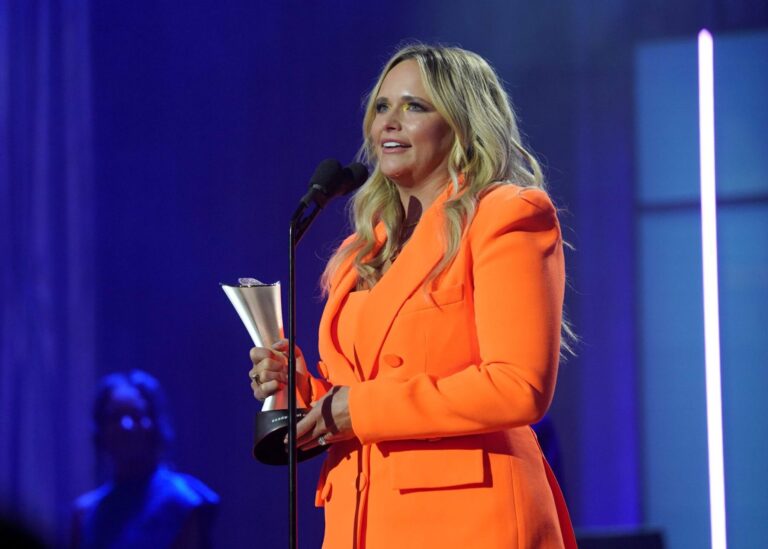Fishing is in his blood

Fishing life: Luke Anedda on the fishing boat his father Nick made. He fishes commercially in Corner Inlet, catching species like flathead, whiting, and calamari.
PORT Welshpool local Luke Anedda has been fishing all his life.
He left school at 15 to start fishing professionally and began his career cray fishing around Tasmania, and King and Flinders islands.
He then decided to follow in his father’s footsteps and came back to fish in Corner Inlet. He has been fishing the inlet now for seven years.
He works on one tide each weekday, which sometimes means getting out on the water at 3am. The weather is a factor on his schedule.
“Sometimes it is hard. It will blow for a whole week, so you don’t get out at all, so you don’t get an income for a whole week.
“You just have to hope that the next week you can get out and make up for it.”
Luke often fishes on his own, but is sometimes helped by a deckhand or two.
“This time of year we are catching yank and rock flathead, if the habitat is there.
“It has been a bit patchy this season, so we haven’t been fishing too hard lately. There are fish out there; we just have to find them.
His father Nick added: “You are chasing an elusive product. One day they are there, the next they are not.”
Some of the fish Luke pulls in goes to the Melbourne fish markets and some is sold to restaurants. Rockpool restaurants in Melbourne, Perth and Sydney take Luke’s fish.
Luke said it is difficult to determine what an average catch is.
“There are so many variables. How many fish we catch depends on the weather, the season and the location.
“You can make a nice living when things are going well, but it is a bit of a struggle at the moment.
“Price increases on things like fuel, licences and equipment have been a factor over the last few years, making costs higher.
“We still have good days and bad days, but you have to take the good with the bad. It was a good summer for us.
“Normally we enjoy the winter, when the grass is in the bay. When there is little or no grass, you just don’t catch as many.”
Nick said the amount of fish caught depends on the habitat available.
“The whole bay is not covered in grass, only about one third is. You catch fish where the grass is,” Nick said.
Luke fishes from Yanakie right down to McLoughlins Beach, and technology has also played a big role in the advancement of fishing.
“It takes a lot of the guess work out of it. It definitely makes it easier to work out where I am going to drop the end of my net.”
Luke admits that while technology helps in some ways, successful fishing is something that takes time to learn.
“You need to know the habits of the fish and where they are going to be at certain times of the year. It takes years to learn the patterns of the fish.
“The longer you have been fishing, the easier it is to find the right spots.”
Restrictions on weekend fishing give Luke freedom to play and coach sport and enjoy his time off.
“We have to be off the water by midnight on Friday night and cannot re-enter the water until 5pm on Sunday afternoon, so I know I will always have the weekends free.
“I have the chance to play football on Saturdays and I also coach a team from Woodside.
“I can usually organise my fishing around other activities that I have planned. I enjoy the lifestyle, the flexibility is good.
“If you are smart in the way you go about it, it’s a good lifestyle. There are a lot of jobs out there that pay more money, but sometimes it is worth sacrificing money to do something that you enjoy.
“The future is going to be alright. What goes around comes around. There will be a few bad years, followed up by a few good years. That is the beauty of the inlet.”
Short URL: /?p=3973






